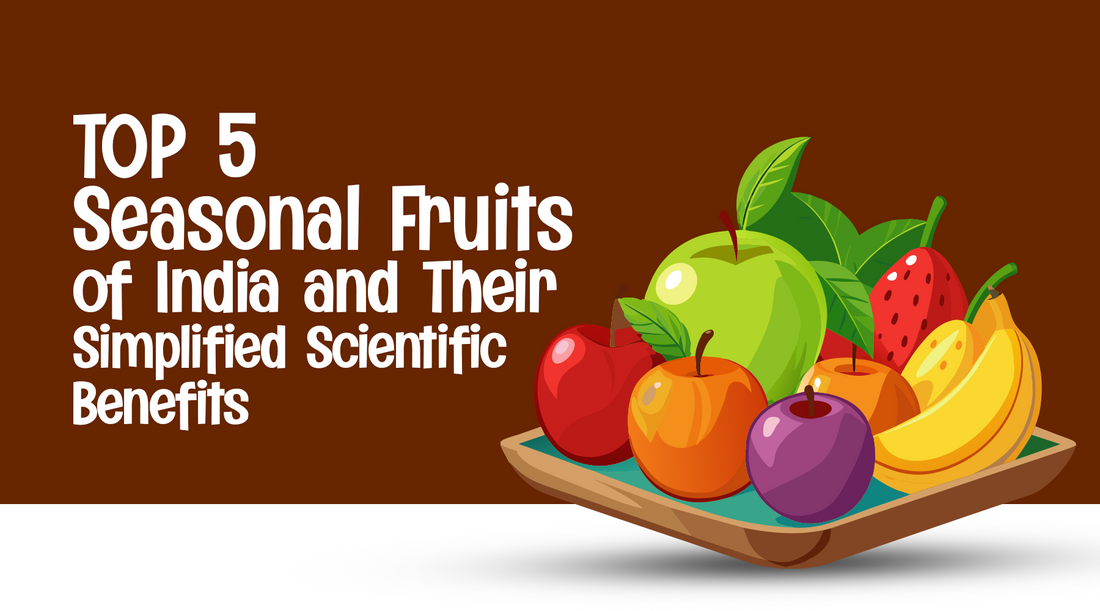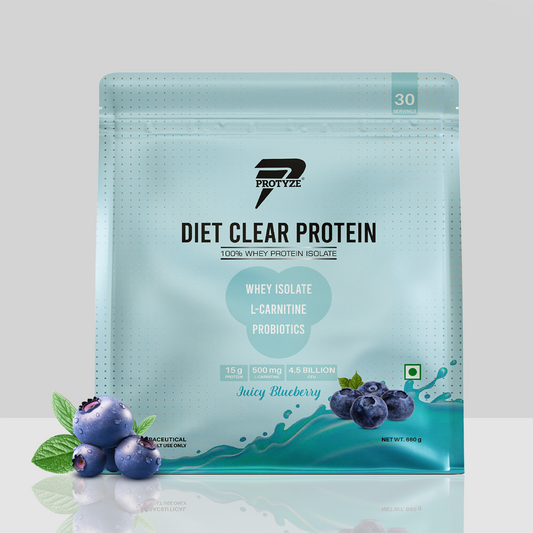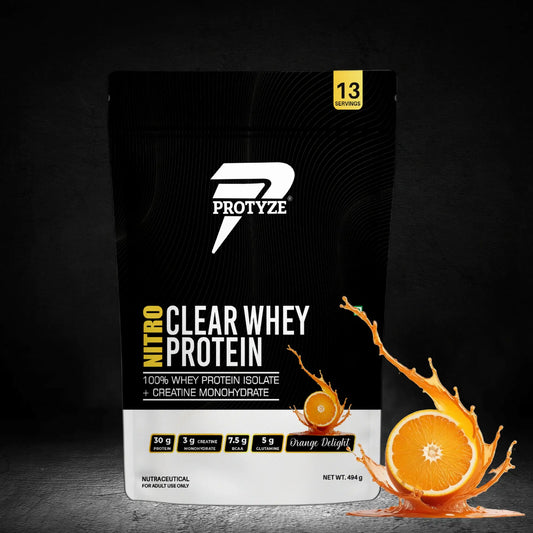India’s diverse geography and climate offer a wide range of fruits throughout the year summer, monsoon, and winter. Seasonal fruits are nature’s way of aligning nutrition with changing weather. They hydrate us in summer, strengthen our immunity in monsoon, and provide antioxidants in winter. This article highlights India’s five iconic seasonal fruits Mango, Watermelon, Jamun, Pomegranate, and Guava explaining their nutritional and scientific benefits in simple terms.
1. Mango (Mangifera indica): The King of Fruits
Mangoes ripen from April to July and come in over 1,500 Indian varieties like Alphonso, Kesar, and Langra.
Scientific Benefits
● Rich in vitamin A and C boosts immunity and keeps mucous membranes healthy.
● Beta-carotene supports eye health and prevents night blindness.
● Contains amylase enzymes aiding digestion of starches.
● Mangiferin acts as a strong antioxidant reducing oxidative stress.
● Potassium and sugars help maintain hydration and energy in hot weather.
Simplified Insight
Mango is nature’s sweet energy drink energizing, protective, and hydrating.
2. Watermelon (Citrullus lanatus): Nature’s Hydration Hero
A classic summer fruit (April–June) rich in water and electrolytes, perfect for tropical heat.
Scientific Benefits
● Contains 91% water prevents dehydration and heatstroke.
● Lycopene improves heart health and reduces oxidative damage.
● Citrulline boosts circulation and muscle recovery.
● Low calorie and filling aids weight management.
● Vitamin C and lycopene protect the skin from UV stress.
Simplified Insight
Watermelon is a cooling, hydrating fruit that refreshes the body and supports heart function.
3. Jamun (Syzygium cumini): The Monsoon Metabolic Balancer
Ripens from June to August; known for its deep purple color and medicinal value.
Scientific Benefits
● Jamboline in seeds helps control blood sugar levels.
● Tannins and astringents improve digestion and gut tone.
● Rich in iron supports hemoglobin formation.
● Anthocyanins protect cells from oxidative damage.
● Antibacterial compounds promote oral and gum health.
Simplified Insight
Jamun is a natural blood sugar regulator and antioxidant booster for the rainy season.
4. Pomegranate (Punica granatum): The Winter Blood Builder
Available from September to February; widely grown in Maharashtra and Gujarat.
Scientific Benefits
● Punicalagin and ellagic acid reduce inflammation and protect the heart.
● Iron and vitamin C together improve blood formation.
● Polyphenols enhance arterial flexibility and reduce blood pressure.
● Flavonoids protect brain cells and support memory.
● Natural antimicrobials help fight bacterial infections.
Simplified Insight
Pomegranate is a jewel-like fruit that purifies and nourishes the blood.
5. Guava (Psidium guajava): The Immunity Fruit of All Seasons
Available year-round, peaking in winter (November–February).
Scientific Benefits
● Extremely high in vitamin C enhances immunity better than oranges.
● Dietary fiber supports digestion and healthy gut bacteria.
● Guava leaf compounds help regulate blood pressure.
● Vitamin C and antioxidants maintain youthful skin.
● Magnesium and B6 calm nerves and improve brain focus.
Simplified Insight
Guava is a multitasker boosting immunity, digestion, and skin health all at once.
Scientific Context: Why Seasonal Eating Works
Eating seasonal fruits ensures the body receives nutrients suited to each climate. Summer fruits like mango and watermelon hydrate and cool; monsoon fruits like jamun protect the gut; and winter fruits like guava and pomegranate strengthen immunity. Plants produce protective compounds such as polyphenols and carotenoids in response to environmental stress these same compounds support our health when we consume them.
Quick Comparison
|
Fruit |
Season |
Key Nutrients |
Scientific Highlights |
Simplified Benefit |
|
Mango |
Summer |
Vitamin A, C, mangiferin |
Boosts immunity |
Natural energy drink |
|
Watermelon |
Summer |
Lycopene, citrulline, potassium |
Protects cells |
Hydrating and heart-friendly |
|
Jamun |
Monsoon |
Anthocyanins, jamboline, iron |
Summer coolant |
Sugar control, antioxidant |
|
Pomegranate |
Winter |
Punicalagin, iron, flavonoids |
Heart and blood builder |
Glucose guard |
|
Guava |
Winter |
Vitamin C, fiber, folate |
Immune and gut health |
Liquid ruby |
Practical Tips
● Choose local, seasonal fruits for freshness and higher nutrients.
● Eat fruits whole instead of juiced to retain fiber.
● Consume high-sugar fruits like mangoes earlier in the day.
● Pair vitamin C fruits with iron sources for better absorption.
● Avoid excessive refrigeration to preserve natural antioxidants.
In Conclusion
Each fruit provides unique nutrients that sync with the season’s needs from mango’s energy to guava’s immunity. These fruits are not just delicious but biologically aligned with human health. Eating fresh, seasonal fruits keeps our metabolism balanced, our immune system active, and our cells protected naturally.





